The World Health Organization (WHO)’s goal is to build a better, healthier future for people all over the world. Working through offices in more than 150 countries, WHO staff work side by side with governments and other partners to ensure the highest attainable level of health for all people.
WHO strives to combat diseases – infectious diseases like influenza and HIV and noncommunicable ones like cancer and heart disease. WHO helps mothers and children survive and thrive so they can look forward to a healthy old age. WHO ensures the safety of the air people breathe, the food they eat, the water they drink – and the medicines and vaccines they need.
The WHO Department of Nutrition for Health and Development (NHD) vision is a world free from all forms of malnutrition where all people achieve health and well-being. Its mission is to work with Member States and partners to ensure universal access to effective nutrition actions and to healthy and sustainable diets. To do this WHO:
- uses its convening power to help set, align and advocate for priority actions to improve nutrition;
- develops evidence-informed guidance based on robust scientific and ethical frameworks;
- supports the adoption of guidance and implementation of effective actions;
- monitors and evaluates policy and programme implementation and nutrition outcomes.
The Department three core functions and six priorities are:
Leadership
- Shape the narrative of the global nutrition agenda
- Leverage changes in relevant non-health sectors to improve and mainstream nutrition
- Leverage the implementation of effective nutrition policies and programmes in all settings, including in situations of emergencies and crisis
Guidance
- Define healthy sustainable diets and guide the identification and use of effective nutrition actions
- Improve the availability of nutrition actions in health systems
Monitoring
- Support the establishment of targets and monitoring systems for nutrition

UNITAR provides training and capacity development activities to assist mainly developing countries with special attention to Least Developed Countries (LDCs), Small Island Developing States (SIDS) and other groups and communities who are most vulnerable, including those in conflict situations. The Institute covers topics in the broad areas of Peace (promote peaceful, just and inclusive societies), People and social inclusion (promote people’s well-being and support equitable representation of countries in global decision-making fora), Planet, environmental protection and restoration, and climate change (Support the conservation, restoration and safeguarding of our planet for present and future generations), Prosperity through sustainable economic growth (Promote inclusive and sustainable economic growth), and Cross-fertilizing knowledge (Optimizing the use of technology and supporting coherence for the 2030 Agenda).
It also conducts research on innovative learning approaches, methods, and tools, as well as applied research to address critical issues, such as disaster risk reduction and humanitarian emergencies.
 Initial funding for the Nutrition Knowledge Hub was provided by the Bill & Melinda Gates Foundation. Guided by the belief that every life has equal value, the Bill & Melinda Gates Foundation works to help all people lead healthy, productive lives. In developing countries, it focuses on improving people’s health and giving them the chance to lift themselves out of hunger and extreme poverty. In the United States, it seeks to ensure that all people—especially those with the fewest resources—have access to the opportunities they need to succeed in school and life. Based in Seattle, Washington, the foundation is led by CEO Dr. Susan Desmond-Hellmann and Co-chair William H. Gates Sr., under the direction of Bill and Melinda Gates and Warren Buffett.
Initial funding for the Nutrition Knowledge Hub was provided by the Bill & Melinda Gates Foundation. Guided by the belief that every life has equal value, the Bill & Melinda Gates Foundation works to help all people lead healthy, productive lives. In developing countries, it focuses on improving people’s health and giving them the chance to lift themselves out of hunger and extreme poverty. In the United States, it seeks to ensure that all people—especially those with the fewest resources—have access to the opportunities they need to succeed in school and life. Based in Seattle, Washington, the foundation is led by CEO Dr. Susan Desmond-Hellmann and Co-chair William H. Gates Sr., under the direction of Bill and Melinda Gates and Warren Buffett.
The Bill & Melinda Gates Foundation invests in proven approaches to improving nutrition, such as focusing on the 1,000-day window, immediate and exclusive breastfeeding, complementary feeding, and food fortification and supplementation. We also explore new approaches, such as improving nutrition for women and adolescent girls, increasing advocacy and technical assistance, improving data systems, and strengthening food systems. Its long-term goals are to prevent 1.8 million malnutrition-related deaths by 2020 and to develop and test new solutions to address the burden of malnutrition that cannot be alleviated using existing interventions.
